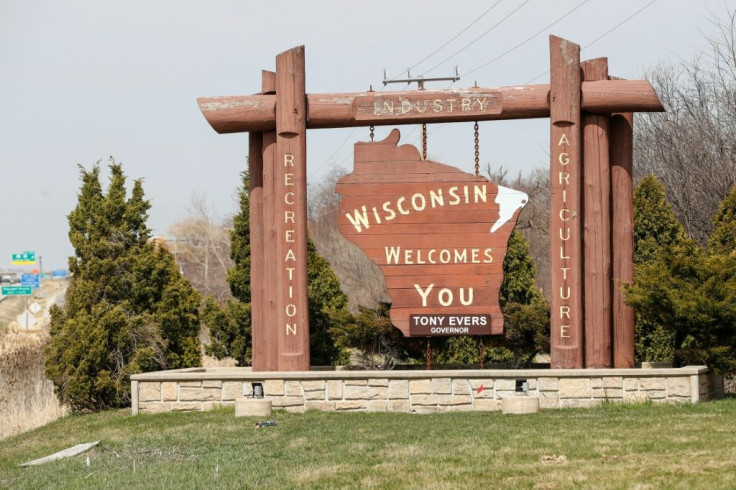Trump-Backed Wisconsin Supreme Court Judge Suffers Shocking Defeat to Progressive Challenger
KEY POINTS
- Jill Karofsky first judge to unseat incumbent on Wisconsin's SC since 2008
- She won overwhelming victories in longstanding swing suburban districts
- This follows a trend of Republican losses in suburbs during the Trump era
In a surprise result from last week’s election to the Wisconsin Supreme Court, progressive challenger Jill Karofsky comfortably defeated Trump-backed Justice Daniel Kelly. It marked the first time since 2008 that an incumbent justice on Wisconsin’s Supreme Court was unseated.
President Donald Trump aggressively campaigned for Kelly in an election that has huge implications for the next ten years of Wisconsin’s Supreme Court as it narrows the conservative majority on the court and gives the Democrats an opportunity to win a majority in 2023.
Even more shocking than Karofsky’s victory were the size and scope of it. She defeated the incumbent judge by 10 points in this swing state, and she produced astounding results in longtime swing counties like Kenosha County.
In 2016, Trump and Hillary Clinton essentially tied in this suburban district just south of Milwaukee, while former Speaker of the House Paul Ryan won his reelection by 22 points. In last week’s election, the progressive judge defeated the conservative incumbent by nearly 20 percentage points in Kenosha County.
While some of this result can be explained by the fact that this election coincided with a Democratic primary won by Joe Biden, as Trump is running in Republican primaries practically unopposed, it is still worrisome for Republicans because Trump is inspiring far larger turnout in the GOP primary than sitting presidents typically enjoy. For context, Bernie Sanders and Joe Biden combined to garner 875,127 votes in the Wisconsin primary, while Trump received more votes than either candidate, 615,601, despite facing no serious challenger.

In a ruling criticized by the American Civil Liberties Union as “voter suppression on steroids”, the U.S. Supreme Court overturned a lower court’s decision to allow Wisconsin absentee ballots to be sent in late, and forced many voters to go to the polls in the middle of the COVID-19 pandemic, defying all advice health experts have given on avoiding large crowds. Despite this ruling, Wisconsin voters turned out in larger numbers for any April election since the competitive primary of 2016.
Additionally, of the more than 1.5 million people who voted, 71% of ballots cast were absentee, compared to just 12% in last year’s April elections. No matter what data you look at, there is good news for the Democratic Party in this election and catastrophic results for the GOP.
This election has major implications for November’s presidential election. Democrats proved that they are energized enough to show up to vote in serious numbers even for down-ballot races in the middle of a pandemic, and the larger trend of the Republican Party losing suburban strongholds and longtime swing districts across the country accelerated in areas like Kenosha County.
© Copyright IBTimes 2024. All rights reserved.





















